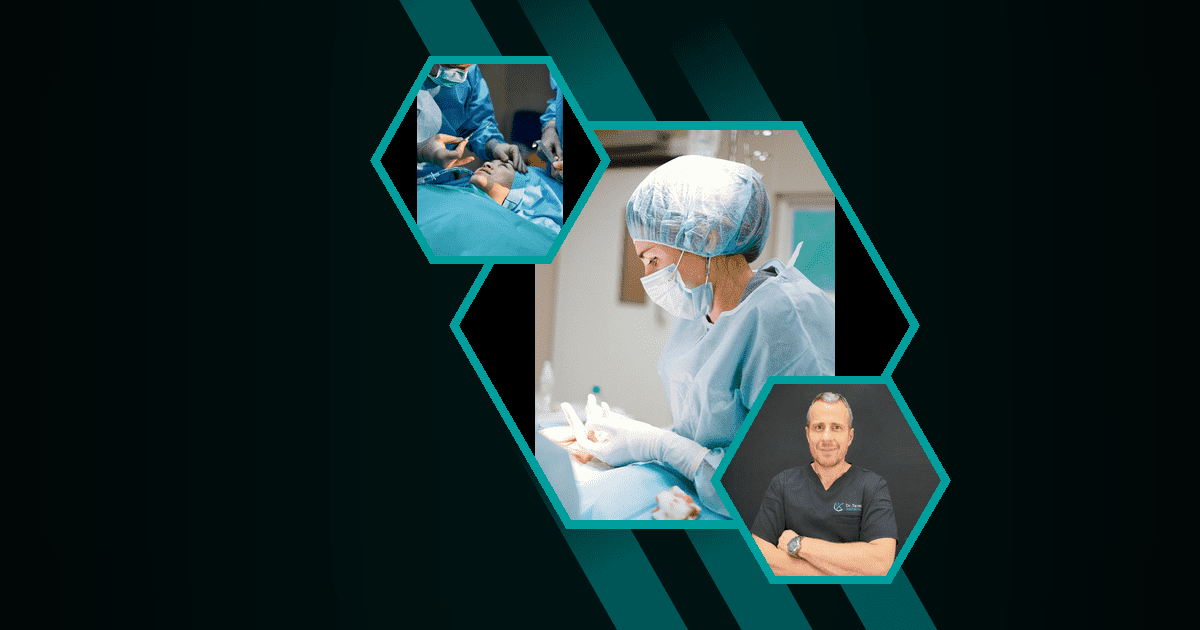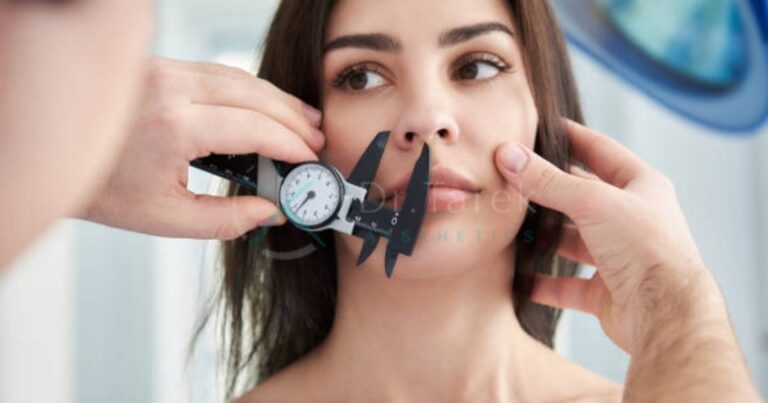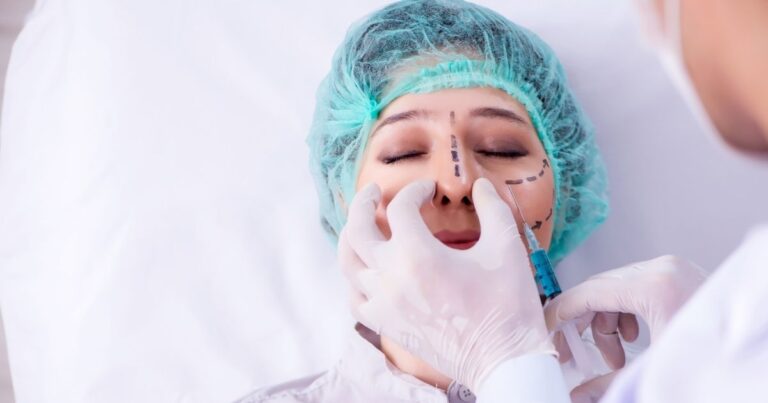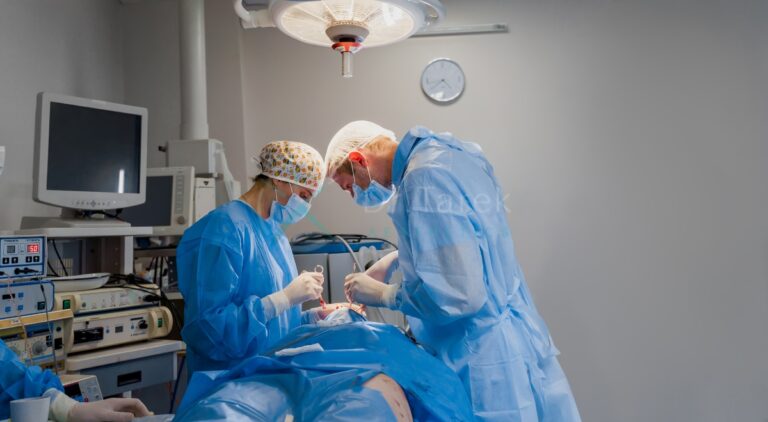Choosing the right plastic surgeon is a crucial step in ensuring a successful outcome for your procedure. With numerous options available, it can be overwhelming to make the best choice. This guide will help you navigate the process of selecting a qualified and experienced plastic surgeon who aligns with your needs and expectations.
Essential Qualifications for Selecting a Plastic Surgeon
Board Certification and Credentials
Board certification is a fundamental qualification to look for when choosing a plastic surgeon. It indicates that the surgeon has undergone rigorous training and has met the high standards set by the certifying board. A board-certified plastic surgeon is more likely to have the expertise and skills necessary to perform your procedure safely and effectively.
Nearby Aesthetic Clinics
find beauty treatments close to home at Nearby Aesthetic Clinics where experts help you look and feel your best with various cosmetic services
Nearby Cosmetic Specialists are beauty experts who can help you look your best
they offer services like skincare treatments makeup and hair styling close to where you live
- Look for certification from recognized boards such as the American Board of Plastic Surgery.
- Verify the surgeon’s credentials and training background.
- Ensure the surgeon is a member of reputable professional organizations.
Experience in Specific Procedures
Experience in the specific procedure you are considering is another critical factor. A surgeon who frequently performs the procedure you want is more likely to deliver optimal results.
Book A Consultation With Dr Tarek Bayazid
Top-rated Plastic Surgeon For Plastic Surgery in Dubai
Installment Plan Available
- Ask how many times the surgeon has performed the procedure.
- Inquire about the surgeon’s success rate and any complications encountered.
- Consider the surgeon’s years of experience in the field.
Proven Track Record and Results
A proven track record of successful outcomes is essential when evaluating a plastic surgeon. This can be assessed through various means, including patient reviews and before-and-after photos.
- Request to see a portfolio of the surgeon’s previous work.
- Look for consistent results that align with your aesthetic goals.
- Check for any malpractice claims or disciplinary actions.
Evaluating a Surgeon’s Aesthetic Sense
Reviewing Before and After Photos
Before and after photos are a valuable resource for assessing a surgeon’s aesthetic sense. They provide a visual representation of the surgeon’s skill and style.
- Examine photos of patients with similar features and goals.
- Pay attention to the naturalness and symmetry of the results.
- Ensure the photos are of actual patients treated by the surgeon.
Assessing Patient Testimonials
Patient testimonials offer insights into the surgeon’s bedside manner, communication skills, and overall patient satisfaction.
- Read reviews on multiple platforms to get a comprehensive view.
- Look for testimonials that mention the surgeon’s professionalism and care.
- Consider both positive and negative feedback to make an informed decision.
Aligning with Your Style
It’s important to choose a surgeon whose aesthetic style aligns with your personal preferences. This ensures that the results will meet your expectations.
- Discuss your goals and desired outcomes during the consultation.
- Ask the surgeon for their opinion on achieving your desired look.
- Ensure the surgeon understands and respects your vision.
Importance of Patient Safety and Facility Accreditation
Operating Facility Standards
The standards of the operating facility play a significant role in patient safety. Accredited facilities adhere to strict guidelines to ensure a safe surgical environment.
- Verify that the facility is accredited by recognized organizations.
- Check for up-to-date equipment and a clean, sterile environment.
- Ensure the facility has a good reputation for patient safety.
Anesthesia Protocols
Anesthesia protocols are crucial for a safe and comfortable surgical experience. The surgeon should work with a qualified anesthesiologist to administer anesthesia.
- Confirm the qualifications of the anesthesiologist.
- Discuss the type of anesthesia that will be used for your procedure.
- Ensure proper monitoring during and after the surgery.
Emergency Preparedness
Emergency preparedness is essential in case of unforeseen complications. The facility should have protocols in place to handle emergencies effectively.
- Ask about the facility’s emergency procedures.
- Ensure the staff is trained in emergency response.
- Verify the availability of necessary equipment for emergencies.
The Consultation Process
Questions to Ask Your Potential Surgeon
The consultation is an opportunity to ask questions and gather information about the surgeon and the procedure.
- Inquire about the surgeon’s experience and success rate with the procedure.
- Ask about the risks and potential complications.
- Discuss the expected recovery process and timeline.
Red Flags to Watch Out For
Being aware of red flags can help you avoid choosing an unsuitable surgeon.
- Be cautious of surgeons who guarantee specific results.
- Avoid surgeons who pressure you into making a decision.
- Watch out for a lack of transparency regarding costs and procedures.
Assessing Patient-Surgeon Rapport
A good rapport with your surgeon is essential for a positive surgical experience.
- Evaluate the surgeon’s communication style and willingness to answer questions.
- Consider whether you feel comfortable and respected during the consultation.
- Ensure the surgeon listens to your concerns and addresses them adequately.
How Do You Choose the Best Plastic Surgeon for Your Procedure
Researching Online Reviews and Ratings
Online reviews and ratings provide valuable insights into a surgeon’s reputation and patient satisfaction.
- Check multiple review sites for a balanced perspective.
- Look for patterns in the feedback regarding the surgeon’s skills and care.
- Consider the overall rating and the number of reviews.
Seeking Recommendations from Trusted Sources
Recommendations from trusted sources can guide you in choosing a reputable surgeon.
- Ask for referrals from friends, family, or healthcare professionals.
- Consider recommendations from individuals who have undergone similar procedures.
- Verify the credentials and experience of the recommended surgeon.
Comparing Multiple Surgeons
Comparing multiple surgeons allows you to make an informed decision based on various factors.
- Schedule consultations with at least three different surgeons.
- Compare their qualifications, experience, and patient reviews.
- Evaluate the cost and value of the services offered.
Understanding the Costs and Financing Options
Breaking Down Procedure Expenses
Understanding the costs involved in your procedure is crucial for financial planning.
- Request a detailed breakdown of all expenses, including surgeon fees, facility costs, and anesthesia.
- Inquire about any additional costs for follow-up visits or post-operative care.
- Ensure there are no hidden fees or unexpected charges.
Insurance Coverage for Plastic Surgery
Insurance coverage for plastic surgery varies depending on the procedure and your insurance plan.
- Check if your procedure is covered by insurance, especially if it’s medically necessary.
- Contact your insurance provider to understand your coverage and out-of-pocket expenses.
- Consider the possibility of partial coverage for certain procedures.
Payment Plans and Financing Alternatives
Payment plans and financing options can make plastic surgery more affordable.
- Ask the surgeon’s office about available payment plans.
- Explore financing options such as medical credit cards or loans.
- Compare interest rates and terms to find the best option for your budget.
Post-operative care and Follow-Up
Recovery Process Expectations
Understanding the recovery process is essential for a smooth post-operative experience.
- Discuss the expected recovery timeline with your surgeon.
- Inquire about any restrictions on activities during recovery.
- Prepare for the recovery period by arranging for help and time off work.
Long-Term Results and Maintenance
Long-term results and maintenance are important considerations for achieving lasting satisfaction with your procedure.
- Ask about the longevity of the results and any maintenance required.
- Discuss lifestyle changes or skincare routines to enhance results.
- Plan for follow-up visits to monitor progress and address concerns.
Handling Complications and Revisions
Handling complications and revisions is a critical aspect of post-operative care.
- Inquire about the surgeon’s policy on handling complications.
- Discuss the possibility of revisions if the results are not as expected.
- Ensure the surgeon is committed to your satisfaction and well-being.
How Do You Choose the Best Plastic Surgeon for Your Procedure
Utilizing Patient Resources and Education Materials
Patient resources and education materials can provide valuable information about your procedure.
- Request brochures or online resources from the surgeon’s office.
- Educate yourself about the procedure, risks, and recovery.
- Use reputable sources to supplement the information provided by the surgeon.
Attending Pre-Procedure Consultations
Pre-procedure consultations are an opportunity to address any remaining questions or concerns.
- Use the consultation to clarify any doubts about the procedure.
- Discuss your goals and expectations with the surgeon.
- Ensure you feel confident and informed before proceeding.
Making an Informed Decision
Making an informed decision involves considering all aspects of the procedure and the surgeon.
- Weigh the pros and cons of each surgeon and procedure.
- Consider your comfort level and trust in the surgeon.
- Make a decision based on thorough research and personal preferences.
FAQ’s
What qualifications should I look for in a plastic surgeon?
When choosing a plastic surgeon, look for board certification, extensive training, and experience in the specific procedure you want. These qualifications ensure the surgeon has the necessary skills and knowledge to perform your surgery safely and effectively.
How important is board certification for plastic surgeons?
Board certification is crucial as it signifies that the surgeon has met rigorous standards and has undergone specialized training. It assures the surgeon’s competence and commitment to maintaining high professional standards.
What questions should I ask during a plastic surgery consultation?
During a consultation, ask about the surgeon’s experience, success rate, and the risks associated with the procedure. Inquire about the recovery process, costs, and any potential complications to ensure you have a clear understanding of what to expect.
How do I know if a plastic surgeon is experienced in the procedure I want?
To determine a surgeon’s experience, ask how many times they have performed the procedure and request to see before-and-after photos. You can also check patient reviews and testimonials to gauge their expertise and success rate.
What role does a surgeon’s aesthetic sense play in choosing the right one?
A surgeon’s aesthetic sense is vital as it influences the outcome of your procedure. Choosing a surgeon whose style aligns with your personal preferences ensures that the results will meet your expectations and enhance your natural beauty.








